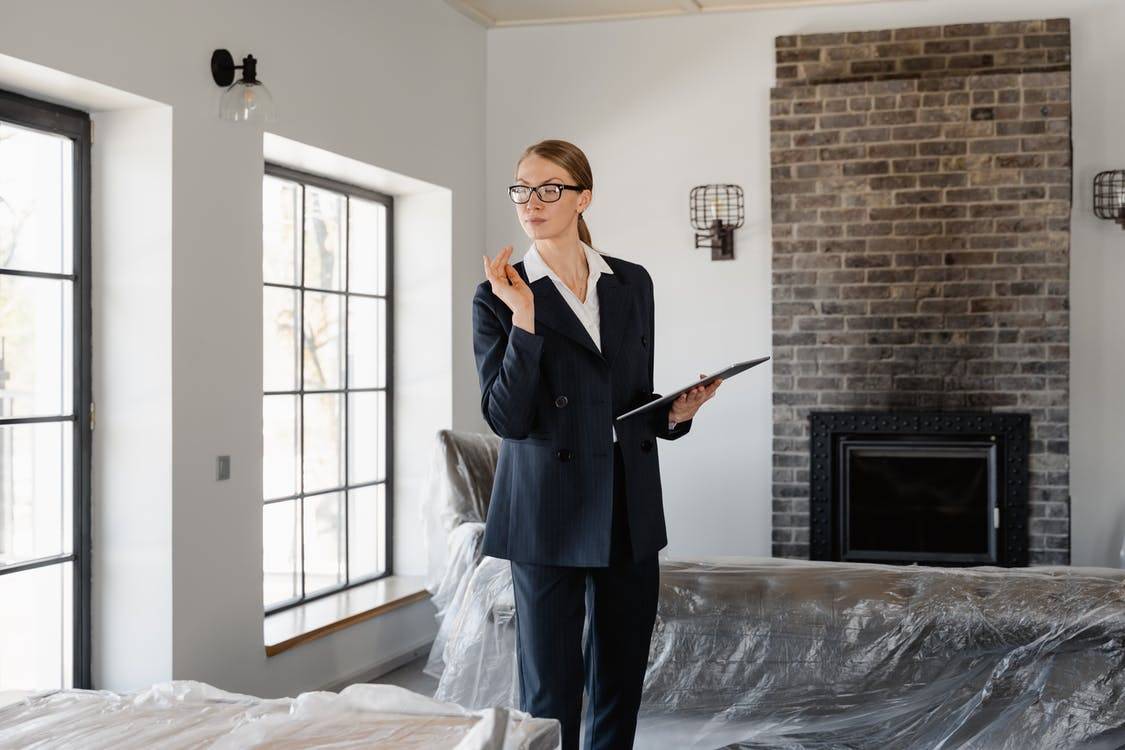4 Key Inspections To Conduct When Investing In Property
Property investments are widely seen as the most profitable of all investments out there. This is because the property market tends to follow an upward trend when you look at the average house prices throughout history. As such, for any savvy entrepreneurs looking to make wise investments, houses are seen as better than things like stocks and shares.
What does a property investment process look like? Firstly, you need to set a budget. From here, you can start looking at homes that fit your budget. Once you have found some, you’ll visit them and see what they’re all about. Eventually, you find a property that really speaks to you and seems like the ideal one. Here, you might be inclined to submit an offer right away. However, before you do this, you need to inspect the property thoroughly.
Numerous inspections must be carried out to get a better view of how ‘healthy’ the house is. Through these inspections, you’ll see if the property is actually worth investing in, or if it will have lingering issues that cost too much money to fix.
What inspections should be conducted? Here are the key ones:
Mould & Damp
You need to look through every room in the house to search for signs of mould or dampness. They tend to both occur in humid rooms where there’s lots of moisture in the air – such as kitchens or bathrooms. However, they can also plague walls and ceilings in other rooms throughout the home. Look for the telltale signs of mould and dampness to understand if you’ll need to spend money removing them from the home.
Structural
In reality, the mould inspections will form part of an overall structural inspection that can be carried out by a licensed surveyor. They will go throughout the house, looking at every single structural element. They look for any signs of wear and tear – or things you should be worried about. At the end of the inspection, you will have a greater understanding of how structurally sound the property is. Are the foundations in good condition? Will the timber frame need fixing due to rot? Is the roof in good shape? Is the house prone to leaks? All of these questions can be answered, along with estimations for how much everything costs to fix.
Moreover, structural inspections will also look at things like asbestos. This was a material that used to be used in many building constructions but has since proven to be deadly. Some old properties still contain it, so an inspection identifies if it is there or not.
Plumbing & Drainage
We’ve combined these two things together as they are effectively the same thing. Well, plumbing inspections mainly refer to all the plumbing elements inside the home. This includes the toilet, sinks, piping system, guttering and so on. You want to be sure all of this is healthy as it can cause leaks and water damage if not. Not to mention that bad plumbing might mean you waste water due to running taps and toilets.
As for a drainage inspection, we’re mainly talking about the drains outside your home that are linked to your property. This is where sewage and other waste goes, and you need to have them inspected. Typically, a CCTV drainage survey is required to see the health of these drains, outlining if any major repairs or changes are needed. This can also be useful in identifying if you’re able to build over the drains. Some people invest in homes with a view to adding an extension, but a drainage survey shows that they aren’t allowed to do so.
Electrical
Lastly, you need to conduct a thorough inspection of the electrical safety of the property. This is less important for newer homes and far more crucial for older properties. You see, many older homes – particularly Victorian houses – were built in times where electrical regulations weren’t as they are now. It means that certain parts of the circuitry aren’t up to current standards. If you were to buy the home, you’d need to upgrade the system to make it safer for modern use.
Thankfully, electrical inspections are easy to come by and typically don’t cost a lot of money. In most cases, nothing will need to be done as most homes are up to standard. Still, it needs to be checked just in case the seller is trying to pull a fast one on you!
After carrying all of these inspections out, you will have a clear picture of the property and if it is worth investing in. Fundamentally, inspections help you make smarter investment decisions, helping you make more money and avoid big losses.

